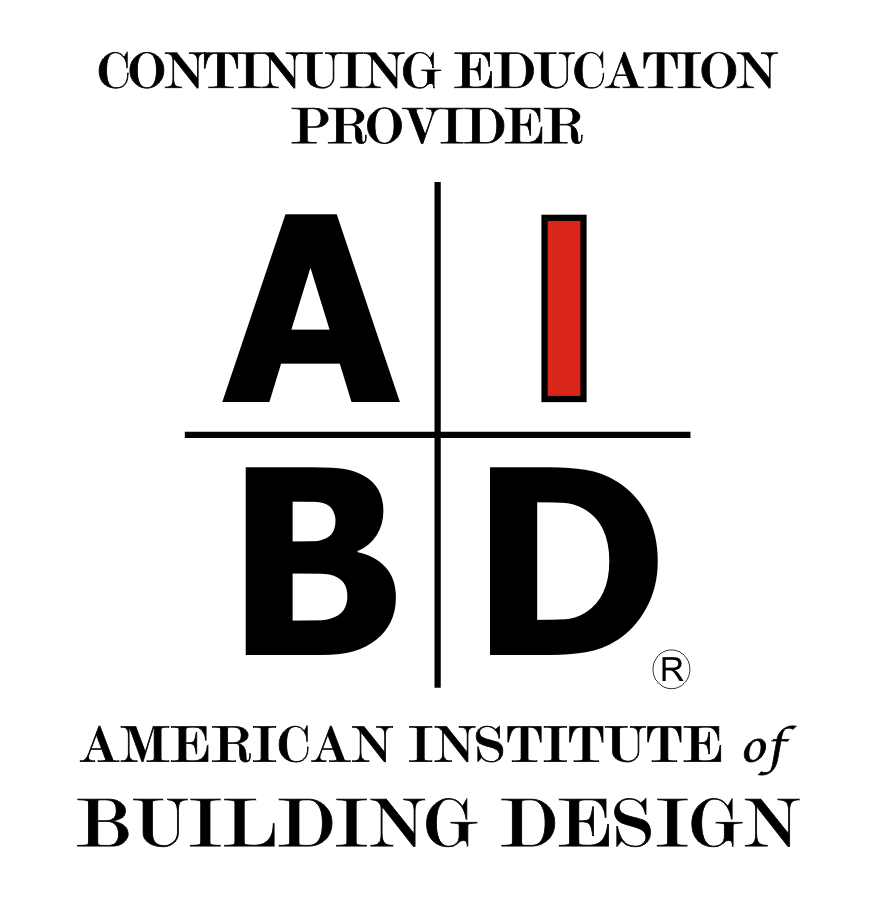Expansion Joint Critical Knowledge
Buildings have to resist a range of forces acting on them. From hot summer days to cold winter nights. Winds pushing and pulling on the exteriors.
Sponsored by Inpro | Presented by Matthew Fisher
Webinar On-Demand
Buildings have to resist a range of forces acting on them.
From hot summer days to cold winter nights. Winds pushing and pulling on the exteriors. Tremors and earthquakes can plague buildings. Water tries to wick its way into every crevice possible. Facility maintenance teams drive equipment across floors and down corridors.
This course addresses some of the basic knowledge needed to understand the role expansion joint system play within your projects. The systems combine form and function, so we will discuss guidelines for evaluating the most appropriate solution in these system types.
We will also cover what happens when fire ratings come into play, review the most common field problems you may encounter, and will talk about how to reduce liability through improved oversight in expansion joint installations.

Photo Courtesy of Inpro Corporation

|
Matthew Fisher, LEED-AP, CDT is the Senior Product Manager for the Expansion Joint Systems division at Inpro®. He has 25 years of experience in architecture, construction management, and building materials management. Both by training and serving seven years as a practicing architect, Matthew knows the design process and the importance of design intent. His eight years in construction management and onsite coordination gave him a depth of expertise and understanding of the rigors and pressures of building projects on time and on budget. For the last ten years, he has been the expansion joint systems product manager at Inpro, and enjoys the ability to continue his learning by working with architects and contractors in the field. Matthew holds a Bachelor of Arts in Architecture from the University of Wisconsin-Milwaukee. He is certified as a LEED Accredited Professional (LEED AP), and holds the Construction Document Technologist (CDT) credential. |
Founded in 1979, Inpro® is a global provider of high-performance, design-forward architectural products for building professionals. Inpro's product categories include door + wall protection, washroom systems, expansion joint systems, cubicle curtain + privacy systems, elevator interiors, architectural signage, and commercial window treatments.
Originally published in Industrial Heating
Originally published in August 2022
LEARNING OBJECTIVES
- Acquire a solid understanding of Expansion Joints and the available architectural joint covers spanning them.
- Overview of Fire Barriers Systems and their applications.
- Identify a few of the most-common field problems pertaining to joint detailing and installations in the field.
- Identify industry standards and liability reduction steps an architect can take.











